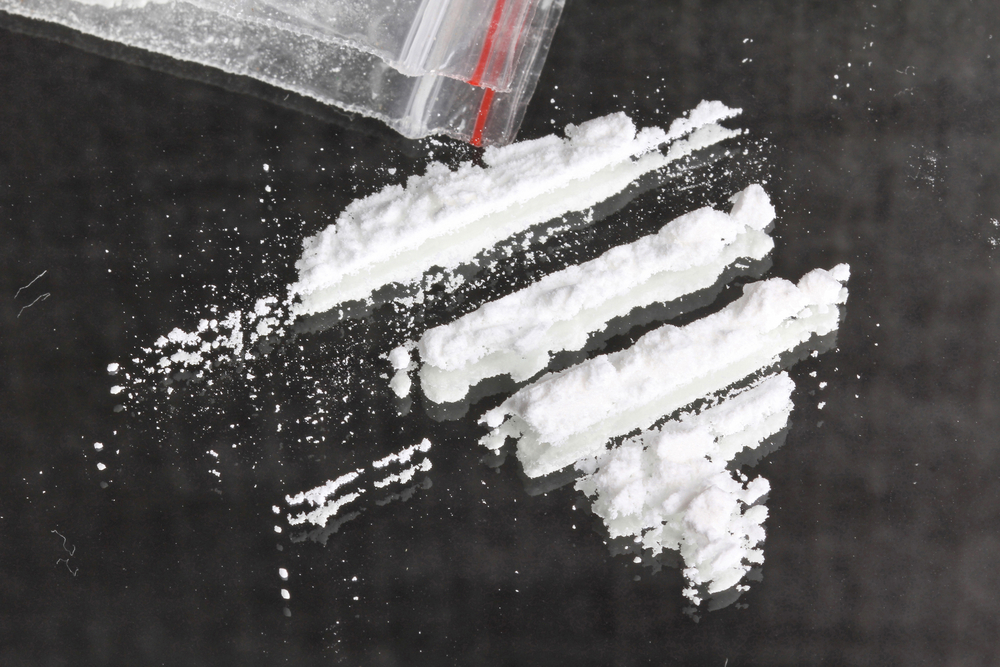Opioids May Be Causing Increase in Cocaine Overdoses

The number of people dying from cocaine overdoses in the United States is on the rise, and a new study suggests why: People are using cocaine and opioids together.
The study researchers analyzed information on people who died due to drug overdoses in the U.S. from 2000 to 2015, looking at deaths that involved just cocaine as well as those involving both cocaine and opioids.
The researchers found that the number of people who died from cocaine-related overdoses increased between 2000 and 2006, from about 3,500 to over 7,400. Although cocaine-related deaths dropped between 2006 and 2010, these deaths shot up again between 2010 and 2015, reaching nearly 6,800. This 2015 increase occurred despite a continued drop in cocaine use since 2006, the researchers said.
The researchers noticed another trend, too: The number of people who died after overdosing on both cocaine and opioids increased between 2006 and 2015, while the number of those who died from cocaine-only overdoses decreased during the same time period.
"Opioids, primarily heroin and synthetic opioids, have been driving the recent increase in cocaine-related overdose deaths," the researchers wrote in the March issue of the American Journal of Public Health. "This corresponds to the growing supply and use of heroin and illicitly manufactured fentanyl [a synthetic opioid] in the United States," the researchers said. [America's Opioid-Use Epidemic: 5 Startling Facts]
In fact, the percentage of cocaine-related overdose deaths that also involved any opioid drug increased from about 29 percent in 2000 to 63 percent in 2015, the study found. Heroin or synthetic opioids (such as fentanyl) were involved in 81.5 percent of deaths involving both cocaine and opioids in 2015, the researchers said.
The new study cannot determine why opioids appear to be driving an increase in cocaine-related deaths. But there have been reports of people who unknowingly consumed opioids by using cocaine that had been laced with opioids. For example, in July 2016, 43 people in British Columbia, Canada, were treated for an opioid overdose after smoking crack cocaine that had been contaminated with a fentanyl-related drug.
Sign up for the Live Science daily newsletter now
Get the world’s most fascinating discoveries delivered straight to your inbox.
In cases such as these, people don't realize how much of the opioid they have taken, which increases the chances of an overdose, the researchers said. What's more, people who aren't typically opioid users may be more vulnerable to the effects of opioids, which can lead to breathing problems, the researchers added.
"In the absence of recent, regular opioid use, someone using cocaine and fentanyl (knowingly or unknowingly) would be highly susceptible to opioid-induced respiratory depression and subsequent overdose," the researchers wrote in the new study.
A key strategy for reducing the number of people who die from overdoses is to have the drug naloxone, which can reverse the effects of opioids, readily available (with emergency workers and people in the community), even among people who are primarily using cocaine, the researchers said.
Original article on Live Science.

Rachael is a Live Science contributor, and was a former channel editor and senior writer for Live Science between 2010 and 2022. She has a master's degree in journalism from New York University's Science, Health and Environmental Reporting Program. She also holds a B.S. in molecular biology and an M.S. in biology from the University of California, San Diego. Her work has appeared in Scienceline, The Washington Post and Scientific American.
What are mRNA vaccines, and how do they work?
Deadly motor-neuron disease treated in the womb in world 1st










